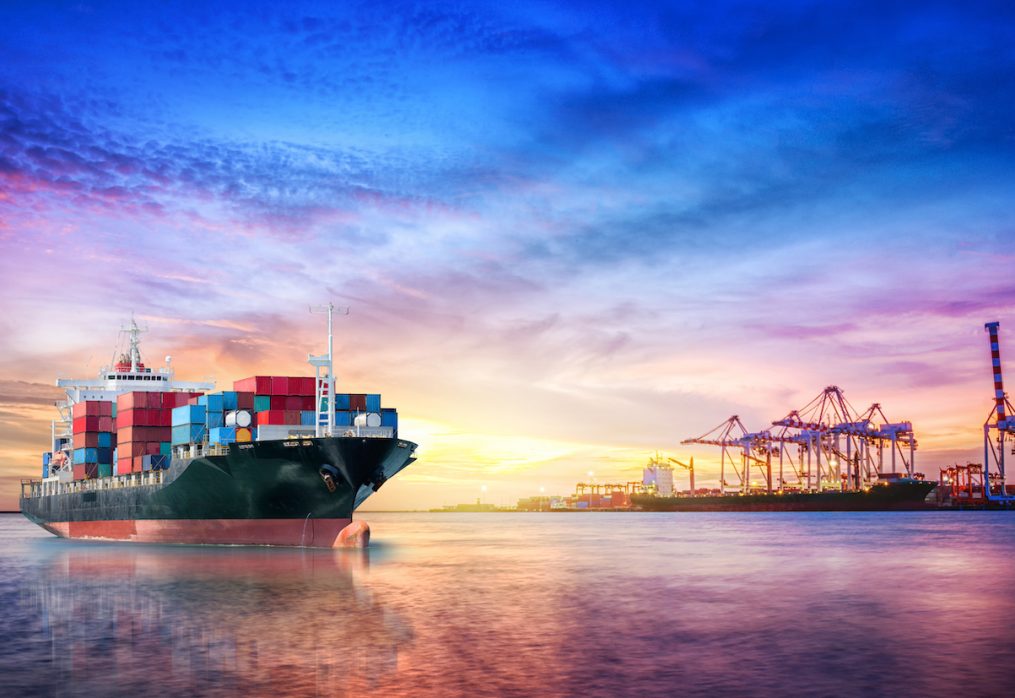Amazon, IKEA and Patagonia have joined a group to buy zero-emissions maritime shipping fuel
Amazon, IKEA, Patagonia, Green Worldwide Shipping and 20 other companies have made a group commitment to buy zero-emissions maritime fuel in bulk. The companies launched a request for proposals for enough fuel to power the transport of 600,000 20-foot containers across the oceans over a three-year period.
Global shipping accounts for 3 percent of climate emissions and 90 percent of world trade is transported by seas. Shipping emissions as a whole rose by 5 percent in 2022.
The companies’ collaboration is called the Zero Emission Maritime Buyers Alliance (ZEMBA) and it is working with the nonprofit Cargo Owners for Zero Emissions Vessels (CoZeV), a project from the Aspen Institute.
“This is the first concrete step to say, this is what we want. These are the sorts of the kinds of fuels that we’re looking for,” Eric Leveridge, Ship It Zero lead at the nonprofit Pacific Environment, said of ZEMBA. “It’s a demand signal. These major companies are signaling to the industry as a whole.”
ZEMBA has set guidelines for what it considers “zero emissions” fuel:
- An emissions reduction of 90 percent compared to a benchmark reference fuel.
- Derived from sustainable sources, waste or byproducts.
- Produced using renewable energy or other low-carbon energy sources.
- Scalable enough to make a meaningful contribution.
According to Leveridge, he expects ZEMBA to see bids featuring technologies such as green methanol from biomass, green hydrogen and possibly ammonia — although he cautioned that ammonia is very explosive and thus not as desirable. The group wants to see bidders deliver their proposed technologies in 2025.
What’s cool about it going out to 2025 is we don’t know which one we’re going to go with.
The science around sustainable ocean shipping fuel is still very new and that is part of what is exciting to the companies involved. “What’s cool about it going out to 2025 is we don’t know which one we’re going to go with,” said Greg Bollefer, executive vice president of commercial and product development at Green Worldwide Shipping, a ZEMBA member. “There’s so many fun things that people are starting to explore.”
The biggest challenges, according to Bollefer, are efficiency and production capacity — do these fuels work as well as the traditional ones? And can they build facilities to produce enough of it?
By working together, these companies might bring more options to the table than if a single company went out and tried to do so alone, and thus spur the market for complicated new technology, Leveridge said. It is significant that the request is for enough fuel to move 600,000 units, which Leveridge called “a substantial” amount of cargo.
ZEMBA plans to select the winning proposals in February, then negotiate a price and submit the final committed volume from each member in mid-March. The winners will be announced in early April.
